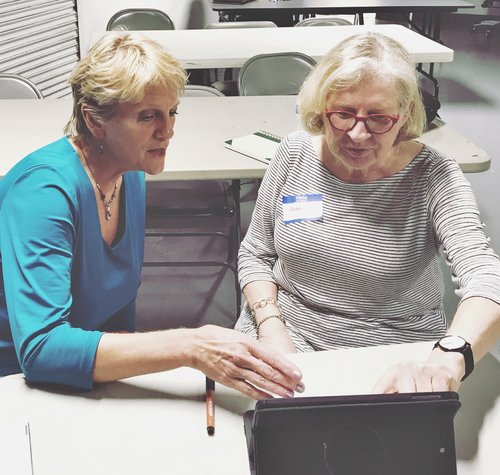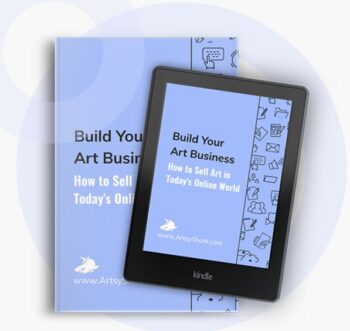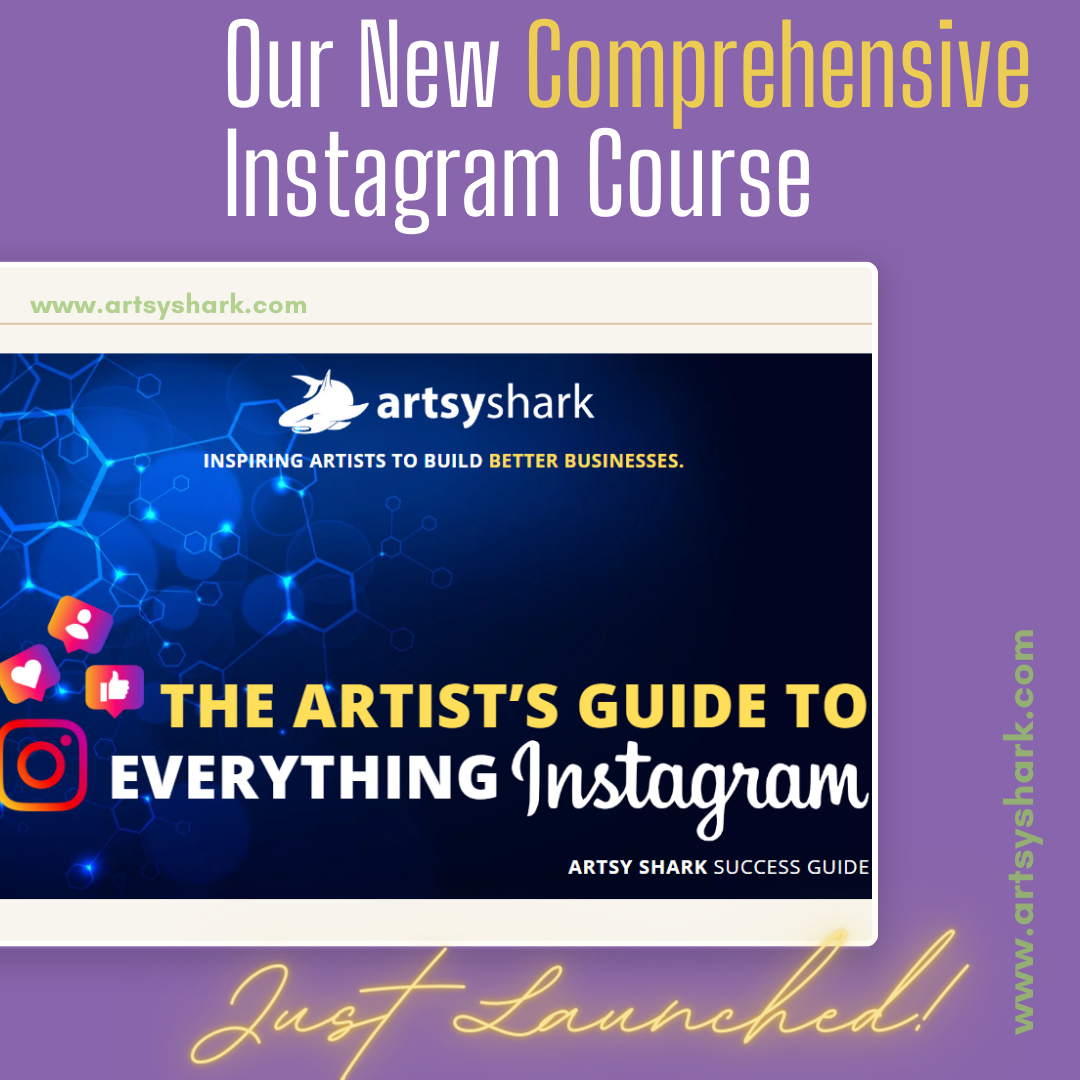by Carolyn Edlund
Artists frequently work in isolation, and without guidance can feel lost and frustrated. A mentor helps to put things into perspective, and can bring new energy into a creative small business.

“I’m too shy and lack the confidence to promote my work. I think I need a business partner to help me.”
“Where can I sell my work? I’m not sure where my market is, or how to find it.”
“How can I convince customers that they should buy my art? And that they should buy from me?”
“I’ve got a lot of ideas but am not sure how to go about making them happen.”
“Where can I find funding to make my dream a reality?”
“How does my product line look? Is it saleable? Where am I going wrong?”
These are some of the concerns I hear expressed by artists and craftspeople when they book a consultation. The inspiration and drive to create art is a strong pull, and many of my clients want to make a living doing what they love.
Live conferences, workshops and meetings can be transformational experiences where interactivity takes the conversation to a higher level. Speakers invite participants to look at new possibilities and concepts. They help inspire creative people to feel great about their businesses, embrace new ideas and become wildly successful. And, they can give feedback, opening the conversation to the group.
But what happens when you get back to the studio? How do you translate all that energy and inspiration into reality for your particular business?
This is where “the rubber meets the road.” It’s the point at which you plan, set goals and put systems into place to grow and expand. Do you feel confident making this translation? Or do you need personalized input from a mentor?
Mentors provide a menu of different services to their clients, and conversations vary widely. Does a particular collection work? Is it big enough, cohesive enough, different enough from the competition? How can it be marketed in such a way that makes sense and reaches the right potential market? From writing business plans to earning referrals, artists who are entrepreneurs need lots of information to use in growing their small businesses. The right mentor can fit perfectly into the mix, and work with the artist by speaking from experience, suggesting new strategies, and sharing best practices.
A mentor can be a friend who is experienced in the business, a member of your guild, a volunteer or a professional coach. Make sure you can work together and feel that the other party has your best interests at heart.
A good mentor will provide the following:
- A personalized approach that addresses your needs specifically.
- An unbiased opinion on your body of work, and a willingness to be honest about what they perceive as working and what needs more development.
- An evaluation of your strengths (you already know your weaknesses).
- An assessment of challenges you have to reach your goals.
- A plan to reach those goals, broken down into steps which are realistic considering your schedule and time needed to complete them.
- Your mentor should ask you to be accountable to them for completing goals you have set. When you run into problems, your mentor will act as a sounding board.
- A “reality check” if you become overwhelmed or feel you are getting off course.
- Encouragement, reinforcement, and ongoing planning to move forward with your business.
In a recent interview about their new book “Starting Your Career as an Artist”, authors Angie Wojak and Stacy Miller state, “Mentors are critical for success. No one does it on their own.” They consider the mentoring relationship, along with being part of a creative community of artists, and regular studio practice, as the basics of a successful art career.
Have you had a mentor? Who inspired you most as you pursued your business as an artist?



I agree and resonate with this post! But what happens when:
– you are the mentor and all the people around you are looking to you for guidance, where do you go and how do you find a mentor for your needs?
Any thoughts or comments? Thanks for giving us such informative information!
I understand the feeling, Indigene. What I suggest is having peers to relate to, who deal with the same issues, or even someone who has more experience and knowledge.
See the article on Judith Heartsong, http://bit.ly/omEr6a She has a group of artists meet in her studio on a regular basis. They have speakers who help keep them up to date, and deal with topics of interest to the group. Kind of a “mastermind” group. This is one way to get the support you are talking about.
Interesting article. I’ve felt this for a long time but wasn’t sure how to go about finding a mentor.
So, I’ve signed up on a Wellbeing for business course which is effectively a group mentoring programme over a year. I know the lady who runs it quite well already and she’s got a very encouraging personality. We meet monthly and set our own goals with guidance. We then review these at the next session and create new ones. Think it’s really going to help me focus on the essentials!
Cathy, What an excellent idea – glad you have found someone you trust that you can work with. Having a third party viewpoint can be so valuable; and being accountable to another for accomplishing those goals that you set for yourself is such a tremendous motivation. I wish you all the best!